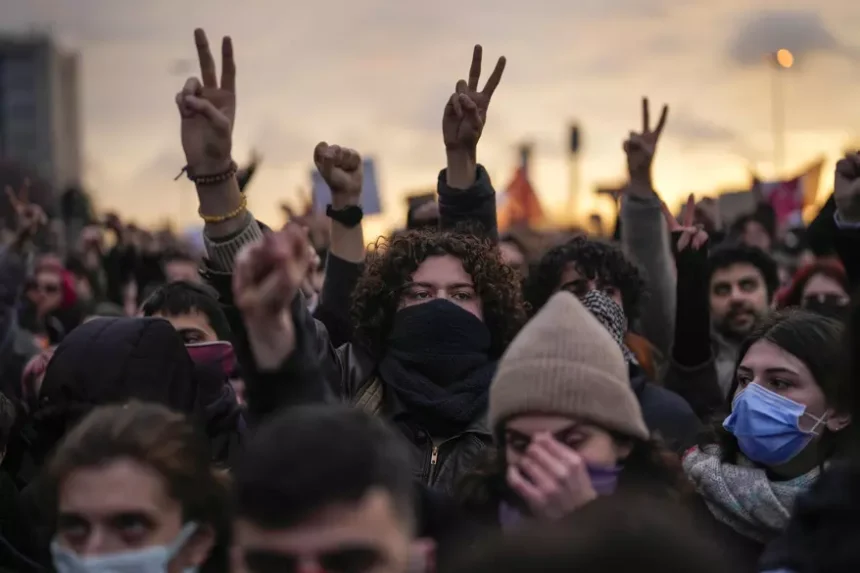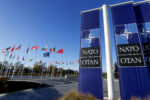The arrest of Istanbul Mayor Ekrem Imamoglu has sparked a wave of protests and growing tension in Turkey. Imamoglu, a prominent opposition figure and a potential challenger to President Recep Tayyip Erdogan in the 2028 presidential election, was arrested on Wednesday in connection with alleged corruption and terrorist links. This has raised concerns about the political motivations behind the move, as many view it as an effort to neutralize a key rival ahead of the upcoming elections.
Despite government efforts to suppress protests, with multiple cities like Istanbul, Ankara, and Izmir seeing clashes between demonstrators and police, opposition leaders continue to call for peaceful demonstrations. Ozgur Ozel, the chairman of the Republican People’s Party (CHP), urged the public to take to the streets to express their democratic rights and to oppose what he called the government’s lawlessness and injustices. The CHP is also preparing for a symbolic election on Sunday, encouraging citizens to show solidarity with Imamoglu.
As authorities impose a five-day protest ban in Ankara and Izmir, and additional measures to curb protests in Istanbul, the tension continues to rise. The Interior Ministry reported over 50 detentions and injuries to 16 police officers during the unrest. The situation has also affected the Turkish financial markets, with Borsa Istanbul seeing a significant drop of around 7%, triggering temporary trading suspensions.
Imamoglu’s arrest came just days before a key primary where he was expected to be nominated as the CHP’s presidential candidate. Analysts speculate that, if formally charged, Imamoglu may be removed from office and replaced by a “trustee mayor”, a move that could strengthen Erdogan’s influence in Istanbul. The arrest, and the potential fallout, have prompted discussions about the government’s control over the opposition, and whether this is part of a broader strategy to consolidate power ahead of the 2028 election.
Meanwhile, the CHP has announced plans for an extraordinary party congress on April 6 to counter the government’s alleged efforts to install a “trustee chairman” within the party, as well as to address internal concerns about vote-buying and irregularities within the party’s previous congress in 2023.
The ongoing developments highlight the growing political divide in Turkey, with the government and opposition engaged in an escalating battle over democratic rights and the future of the country’s leadership.







